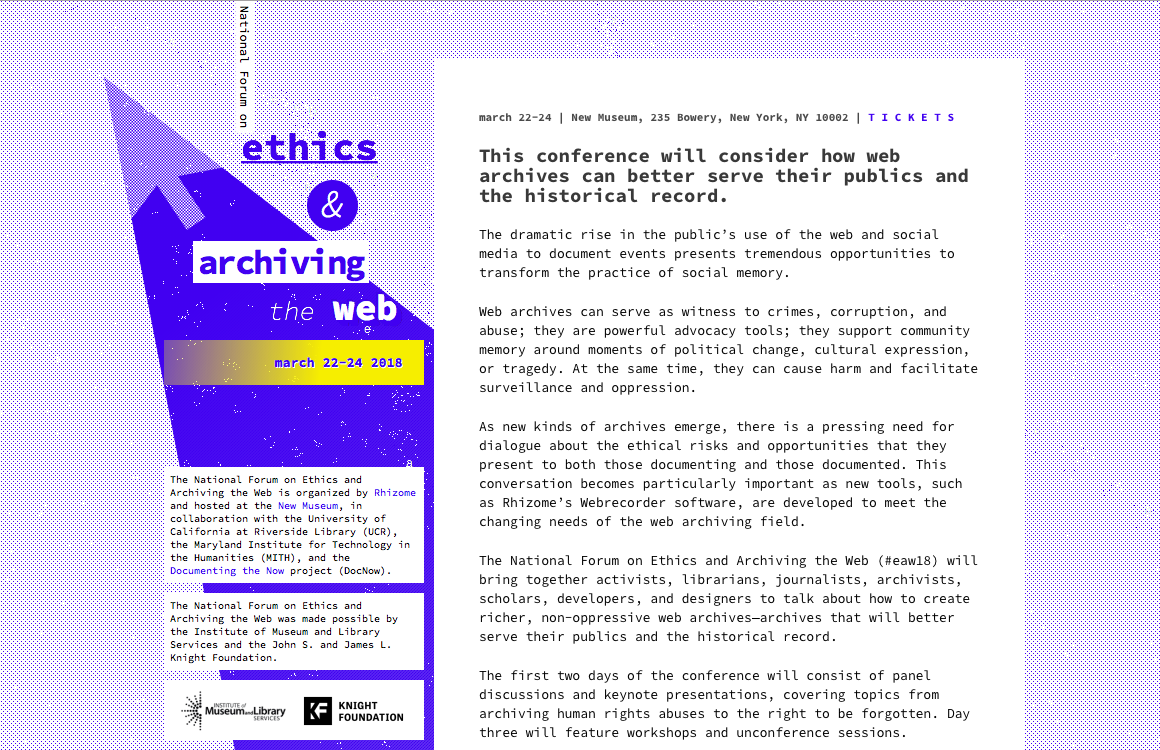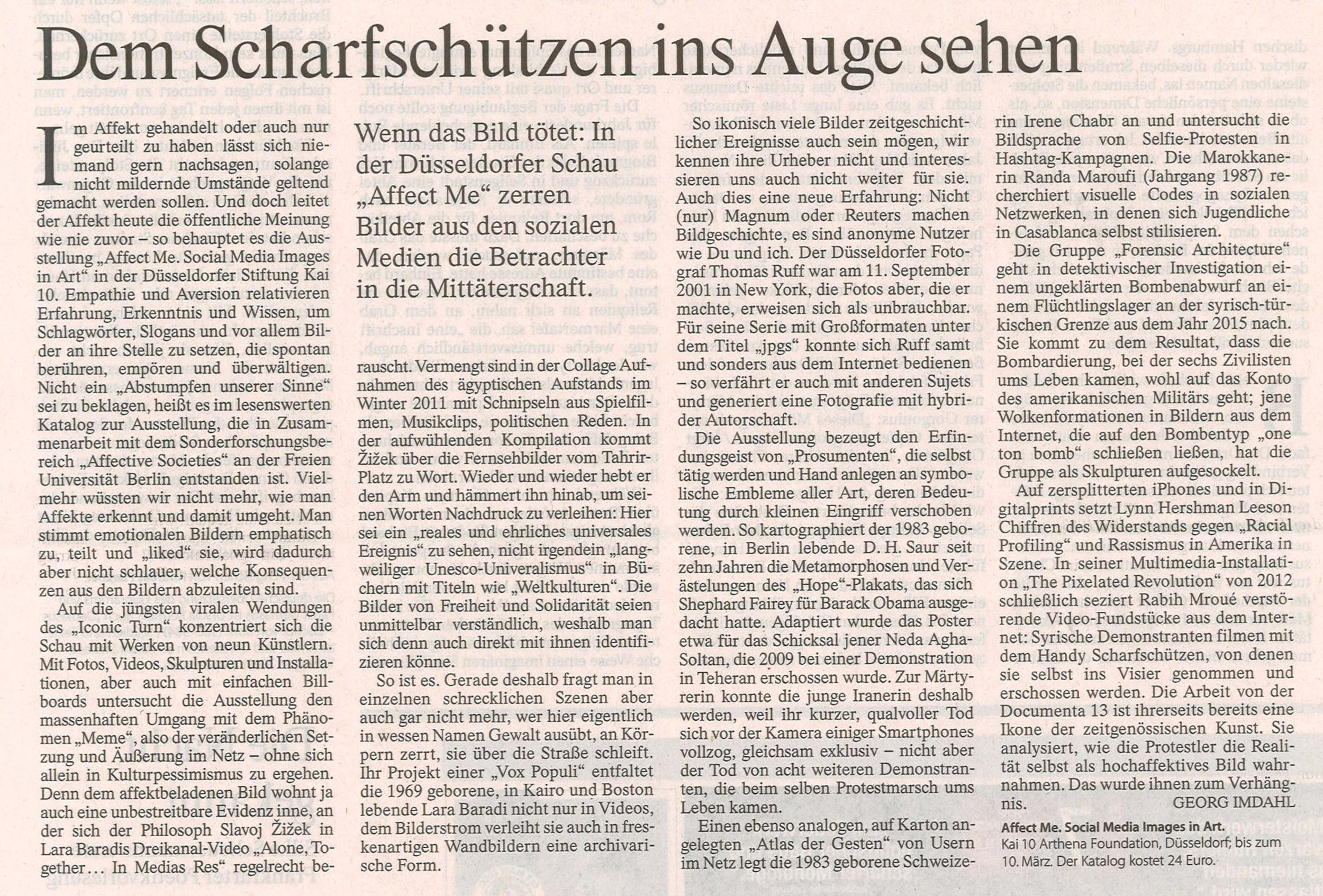WORKSHOP - May 20-22, 2019
La Diablita (devil robot from the Andes) is an animatronics puppet with the ability to interact with people and its surroundings through artificial vision, and natural language processing. It is part of a VR and Immersive installation, PRISON X, supported by Sundance Talent Forum, Tribeca and now, Co-Creation Studio at MIT Open Documentary Lab, with the support of JustFilms at Ford Foundation.
The workshop will be a two days encounter with participants from all fields at the Co-Creation Studio to help develop the features of La Diablita.
Lara Baladi
21st May
Artist talk Baladi will present a selection of artworks that stemmed from the Vox Populi archive she gathered since the 2011 Egyptian uprisings and other social global movements.
Artistic Advisor for the development of the project
BIOS OF PARTICIPANTS
VIOLETA AYALA - Documentarian, Storyteller, DIABLITA ROBOT team
CAMILA CLAROS - Roboticist, DIABLITA ROBOT team
BIOS OF PRESENTERS and ORGANIZERS
JOSEFINA BUSCHMANN - Grad Student, Presenter
LARA BALADI - Advisor, Artist. ODL Fellow, Lecturer at MIT
RAHUL BHARGAVA - Center for Civic Media
KATHY BISBEE - Advisor, ODL Fellow
KATERINA CIZEK - Workshop Designer, Facilitator
MARISA JAHN - Advisor, Lecturer at MIT, Artist
SAM MENDEZ - Grad Student, Facilitator for Civic Lunch
SANDRA RODRIGUEZ - Advisor, Lecturer CMS/W, Fellow ODL
SAM SPAULDING - PhD student, our host at Personal Robotics Group
PERSONAL ROBOTICS GROUP
The Personal Robots Group focuses on developing the principles, techniques, and technologies for personal robots. Dr. Cynthia Breazeal and her students conduct research that advances the state-of-the-art in socially intelligent robot partners that interact with humans to promote social and intellectual benefits, work alongside with humans as peers, learn from people as apprentices, and foster more engaging interaction between people. More recent work investigates the impact of long-term, personalized Human-Robot Interaction (HRI) applied to quality of life, health, creativity, communication, and educational goals. The ability of these robot systems to naturally interact, learn from, and effectively cooperate with people has been evaluated in numerous human subjects experiments, both inside the lab and in real-world environments.
Open Documentary Lab
MIT Campus, Weisner Building, 20 Ames Street, 3rd Floor, Cambridge, MA 02142


![!!!Act [No.22] ART Section (Press)-1.jpg](https://images.squarespace-cdn.com/content/v1/550c93a2e4b0567de63a74a4/1555102149908-T0D86LT79T3Z14KFS9EP/%21%21%21Act+%5BNo.22%5D+ART+Section+%28Press%29-1.jpg)















